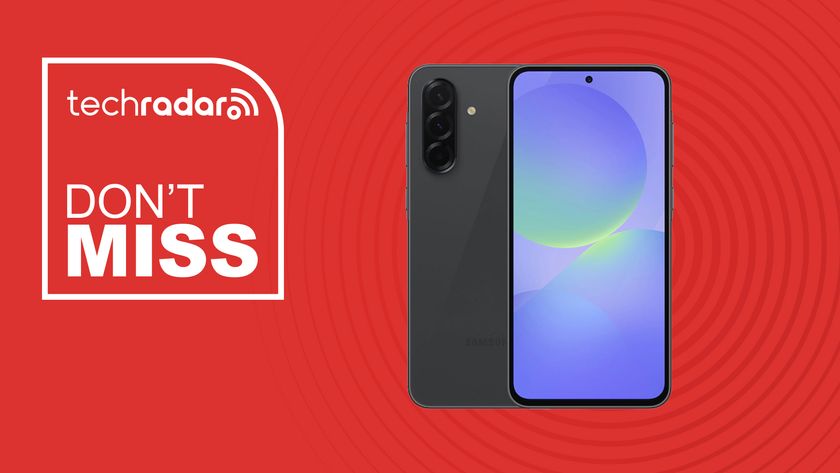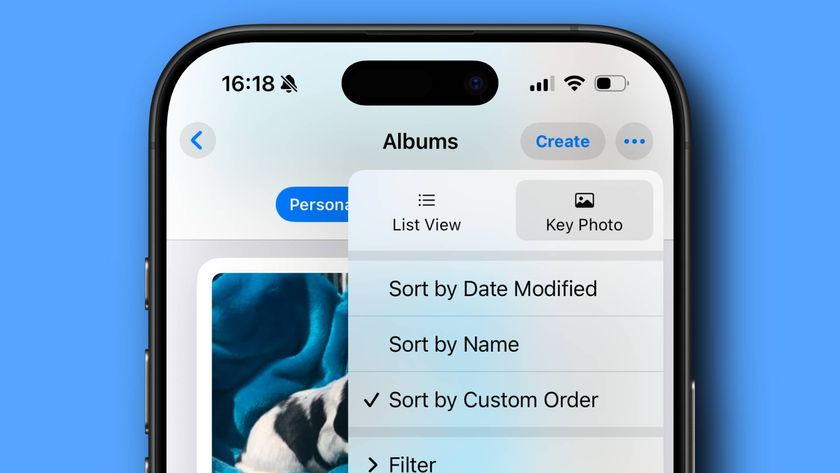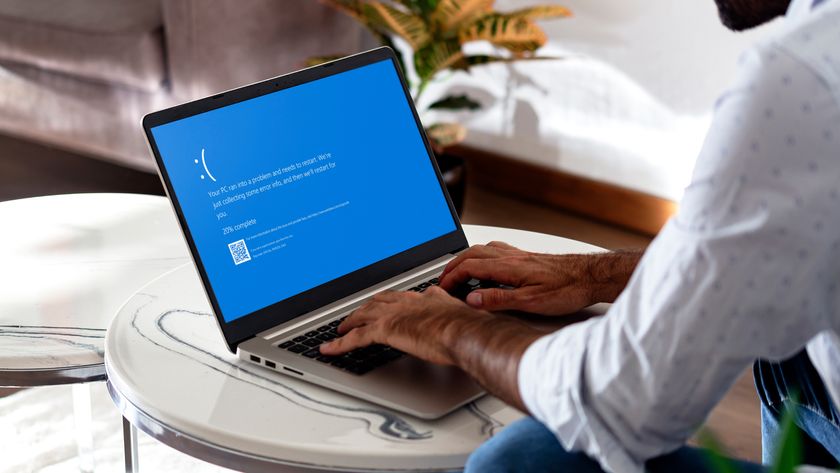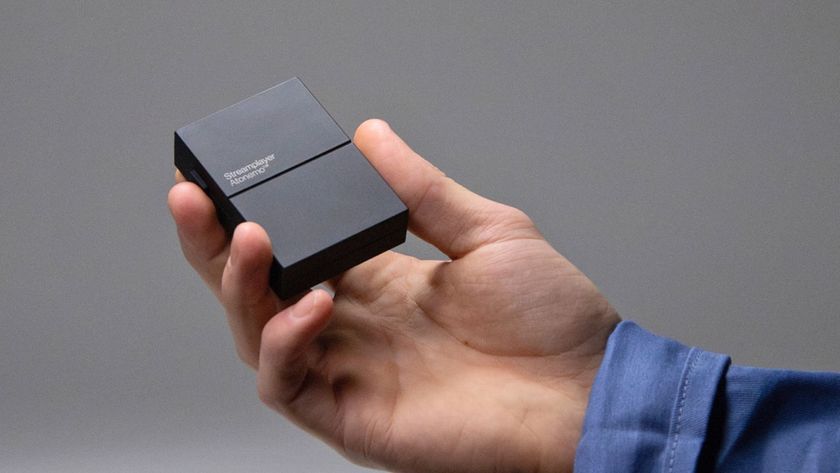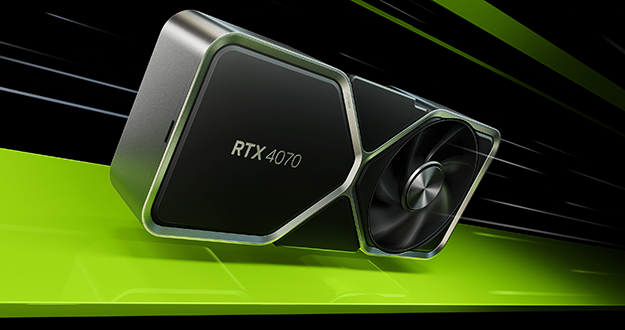Who's making money from your smartphone?
How much your phone costs to build - and who's profiting
OS royalties: is Android free?
Again, no-one wants to put a price on the different pieces; "all deals are slightly different and no one wants to give away how much they do (or don't) pay to license software," patent expert Florian Mueller reminded TechRadar.
Rumours put Windows Mobile licences at $12 and we were given estimates for Windows 7 licence fees varying between $7 and $15. The fee goes down as the number of phones manufactured goes up but it also "varies player by player, depending on how much IP you have or if you've lost a court case," explains Michael Morgan.
Google doesn't charge handset makers for Android; in fact it even pays some of its $1 billion mobile search revenue and 30% Android Marketplace share to them (and to carriers) which has led to some analysts calling Android 'less than free'.
That's because it wants to double the $5 a year analyst Gene Munster estimates it earns from every Android user for mobile ads by next year.
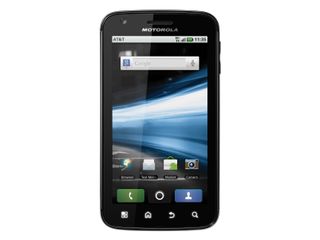
But even with Android, there's the cost of making it run on the phone and integrating custom apps and interfaces – all part of that $30 million engineering cost – and the cost of the OS is a very small part of the cost of getting a phone to market.
Patent futures: ten thousand and $100
And as the current spate of licence agreements and patent infringement lawsuits shows, the phone operating system isn't the only thing you need a licence for.
And that's also why Google has bought Motorola.
Get daily insight, inspiration and deals in your inbox
Sign up for breaking news, reviews, opinion, top tech deals, and more.
Chris Hazelton, research director at the 451 Group estimates that "there are up to ten thousand licensing agreements for one smartphone" (including the licences for components).
Licences coverfeatures like playing media; Microsoft's head of IP Horacio Gutierrez estimates "royalties for codecs and other [media] technology represent 1-2% of the price to operators". He says the reason there are so many smartphone lawsuits right now is that "the industry is in the process of sorting out what royalties will be for the software stack, which now represents the principal value proposition for smartphones."
That's why Microsoft is charging HTC $5 for each Android phone it makes, suing Motorola, asking Samsung for up to $15 per phone and collecting royalties somewhere in that price range from phone makers like Wistron for functionality like "tabbing through various screens to find the information they need; surfing the Web more quickly, and interacting with documents and e-books".
"The sky is the limit for patent royalties, agrees Florian Mueller. "they're going to be far higher for smartphones than they used to be for earlier mobile devices, and I wouldn't be surprised to see aggregate patent fees north of $100 per device a couple of years down the road."
The real winner
That's not going to affect the price you pay for a phone though, because operators know people won't pay much more for new devices than they do today.Handset manufacturers may have to settle for lower profits; the industry standard profit on a smartphone is 20-30%, according to Morgan but for Apple it could be 40%.
That's why, according to Asymco Apple's making two thirds of the profits in smartphones worldwide - around $6 billion. Everyone's making money from phones, but Apple seems to be getting by far the biggest bite.
----------------------------------------------------------------------------------------------------
Mary (Twitter, Google+, website) started her career at Future Publishing, saw the AOL meltdown first hand the first time around when she ran the AOL UK computing channel, and she's been a freelance tech writer for over a decade. She's used every version of Windows and Office released, and every smartphone too, but she's still looking for the perfect tablet. Yes, she really does have USB earrings.
